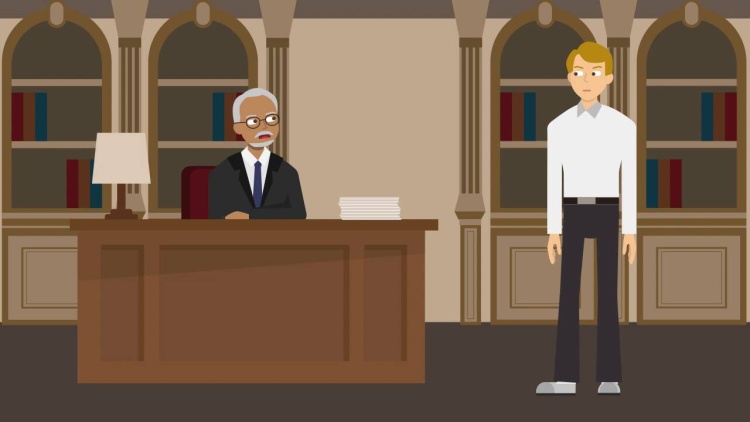People v. Belge
Onondaga County Court
372 N.Y.S.2d 798 (1975)

- Written by Sean Carroll, JD
Facts
Francis Belge (defendant) was assigned to represent Robert Garrow, who was accused of murdering Philip Domblewski in the Adirondack Mountains. Belge planned to have Garrow assert the insanity defense. Authorities suspected Garrow was involved in various other missing person cases in the area. Garrow killed those other missing persons and told Belge where he left the bodies. Not totally believing Garrow, Belge went to the sites and found the bodies himself, confirming Garrow’s statements. Belge suggested to the prosecutor that he had information about the other missing persons and that he could provide such information if the prosecutor offered a plea bargain accepting the insanity defense. The prosecutor rejected this offer and threatened to bring obstruction of justice and withholding evidence charges against Belge. At trial for the Domblewski murder, Garrow testified and confessed to the Domblewski murder and the other murders. He was convicted. After the trial, Belge admitted publicly that he had known of the other bodies but could not reveal the information due to the attorney-client privilege. The prosecutor chose to not charge Belge with obstruction of justice, but charged him with violating a New York law that required individuals to inform police if they knew that a person had died without receiving medical attention. Belge filed a motion to dismiss based on the attorney-client privilege.
Rule of Law
Issue
Holding and Reasoning (Gale, J.)
What to do next…
Here's why 907,000 law students have relied on our case briefs:
- Written by law professors and practitioners, not other law students. 47,100 briefs, keyed to 996 casebooks. Top-notch customer support.
- The right amount of information, includes the facts, issues, rule of law, holding and reasoning, and any concurrences and dissents.
- Access in your classes, works on your mobile and tablet. Massive library of related video lessons and high quality multiple-choice questions.
- Easy to use, uniform format for every case brief. Written in plain English, not in legalese. Our briefs summarize and simplify; they don’t just repeat the court’s language.





